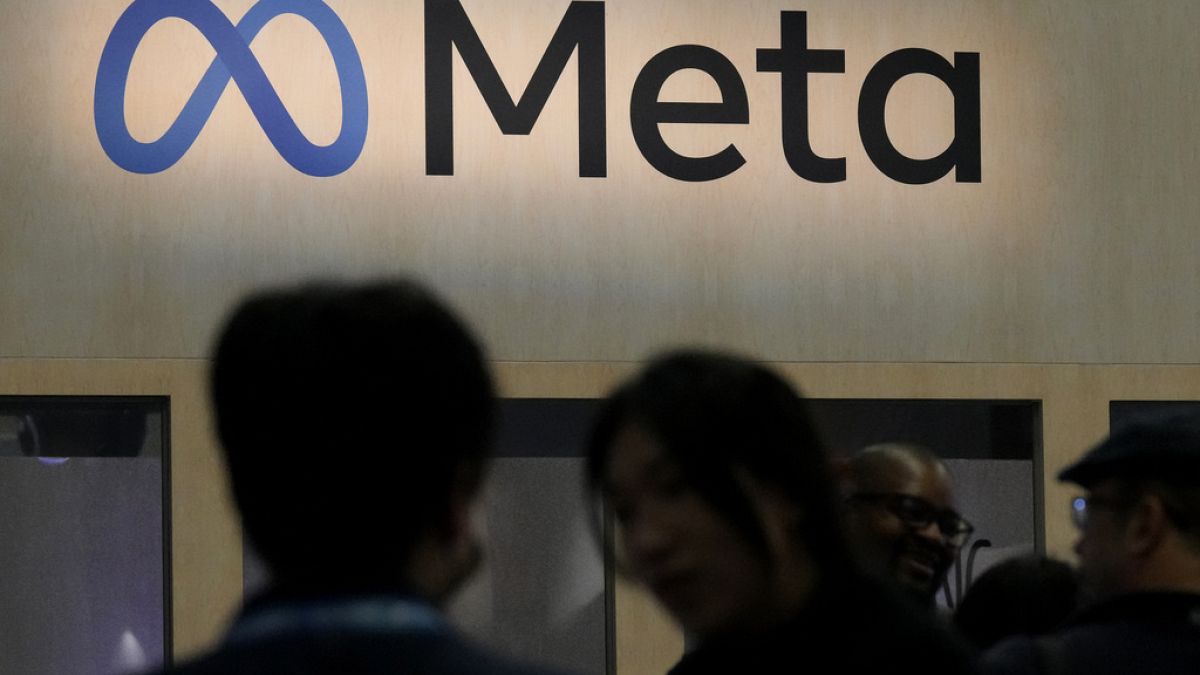Do Meta’s announcements run counter to the European regulation on digital services?

Meta’s new rules on content moderation in the United States will not apply in the EU.
The European Union is keeping a close eye on the decisions taken by the web giants in recent weeks.
The statements made by Elon Musk, the boss of X, are causing an outcry in Europe.
And Meta’s new rules on content moderation in the United States are raising questions among the 27, even though they are not affected.
Mark Zuckerberg has announced that he is replacing fact-checking with “community ratings” on his Facebook, WhatsApp, and Instagram platforms. He says this is in the name of freedom of expression.
If Meta were tempted to change the rules of the game in Europe, it would first have to provide the European Commission with a risk assessment analysis.
“We are not saying what content moderation policies should be put in place on the very large online platforms. That is their responsibility. If they want to rely entirely on community ratings, that’s a possibility. Now, whatever model the platform chooses, this possibility must be effective,” said Thomas Regnier, spokesman for the European Commission.
A formal procedure is initiated if a platform infringes the Digital Services Act (DSA).
If this results in a non-compliance decision and the platform still refuses to comply, the fine can be as high as 6% of the company’s annual worldwide turnover.
Heavier sanctions are possible in ‘extreme’ cases
This procedure has been criticised for being too slow. However, the EU has other cards in its hand.
“There are other instruments that can be used in extreme cases. And I stress extreme,” explains J. Scott Marcus, a researcher at the Brussels based think tank CEPS (Centre for European Policy Studies).
“Take, for example, the measures taken to block Russia Today and Sputnik at the time of the sanctions against Russia, at the time of the barbaric invasion of Ukraine. This was done as part of the sanctions regime implemented by the Council acting in its foreign policy configuration”, the professor at the Robert Schuman Centre added.
The European Commission, the German regulator, and the very large digital platforms will meet on 24 January to discuss European platform regulation in the run-up to the early elections in Germany in February.
World News || Latest News || U.S. News
Source link



